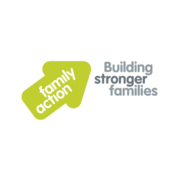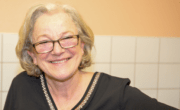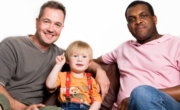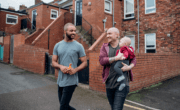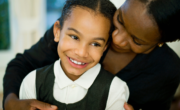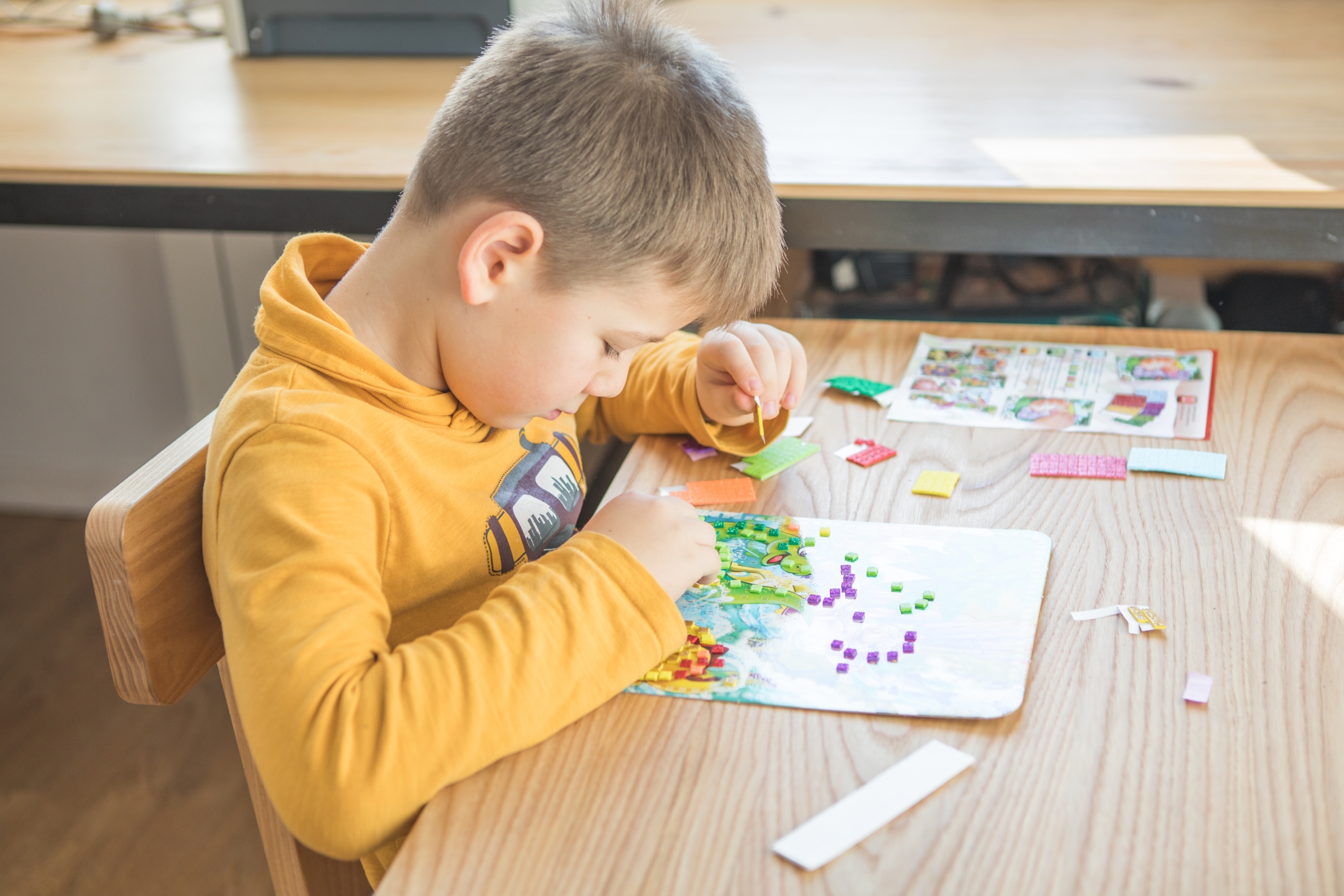Our PAC-UK service supports adoptive and special guardianship families with many aspects of their family lives and we often get to share in the joys and challenges. Here mum Anne* lets us in on the story of her family, and how we supported her through the first year of life with her adopted son.
Adopting an older child
We adopted our son a few years ago.
He was slightly older than children usually are when adoption takes place – as were we! – but we wanted to adopt an ‘older’ child to meet a need that other families (for lots of different reasons) might not be able to. It helped that my biological urge for a baby, as opposed to an older child, was not particularly strong and, to be honest, for most of my life I had thought that motherhood wasn’t for me.
I experienced a family separation at a young age, and it affected me more than I, or anyone else, realised at the time
I experienced a family separation at a young age, and it affected me more than I, or anyone else, realised at the time so, although I was nurturing by nature, I poured that into my family, friends, and career instead of motherhood. However, I accessed counselling after a difficult period later in life and doing so made me think differently and freed me up to consider different possibilities.
And then, very soon after that, I met my husband and within a short time I knew I wanted us to have a family together. We both had similar views on parenthood and were both interested in adoption. Once we’d decided to adopt, however, the process took about two years, due to a break during the assessment period following a family bereavement, and it felt like a very long time, even though I suppose it wasn’t really!
Troubles with bonding
The next year was truly testing, as our son bonded with my husband almost immediately, but found it harder with me. Being a mother to a child who doesn’t trust you is one of the hardest things I’ve ever experienced, even as I told myself that he had his own reasons.
For what felt like a very long time I compared myself to other mums because I didn’t immediately have the same kind of relationship with my son that mums who have children from birth often do. As other children ran up to their parents at the school gates he would sometimes completely ignore me or get angry at me in front of them and I used to feel quite embarrassed sometimes, as though I was doing a bad job. Many adopted children have to manage attachment disorder and, in the case of my son, this was further complicated by undiagnosed ADHD.
Help from Family Action PAC-UK
This led to incredibly challenging behaviours at times but thankfully we attended the PAC-UK NVR course at Family Action shortly after he arrived in our lives. This is a course for adoptive parents and carers of children who are presenting challenging, destructive and violent behaviour..
It was life-changing – this is the only parenting course I’ve ever felt that way about!
The course uses the principles of non-violent resistance, which has roots in the movements created by leaders such as Mahatma Ghandi and Martin Luther King Jr, and taught us that parenting some children, who might be in ‘survival’ mode, can never be allowed to become a power battle. Instead, it taught us different, non-confrontational ways to establish boundaries, as well as de-escalation, active resistance, and reconciliation.
But to my son, that simple gesture reassures him (more than words ever can) that we love him and allows us to then move forward
Some of the techniques we learnt were slightly counter-intuitive, such as giving our son a small treat (his favourite snack) when he was becoming agitated… It annoyed us how well that one worked!
But to my son, that simple gesture reassures him (more than words ever can) that we love him and allows us to then move forward – My husband sometimes jokes that we now have the skills to work as peace negotiators for the UN!
But in the long run all the hard work we’d both put in paid off, and after that torturous first year it became clear we would share a deep and special bond.
Mother’s Day pain
He is very different to me, and I think we are still learning a lot from each other, but because we are so different, and handle things differently, we also can make a great team when faced with issues or problems that we need to solve together. That doesn’t mean, of course, that there aren’t still difficult moments.
Finding the right school for him has been, and continues to be, a huge battle, and Mothers’ Day, sadly, is one of our most difficult times of the year. My son has hugely conflicted feelings about it, and although I don’t always expect hearts and flowers, being on the receiving end of his anger about his past does always feel harder to take on the day – to the degree where we always try to ignore it… but that’s harder than you’d think!
Loving my son
Despite all the challenges he’s had, our son is an incredible person. When we first met, I was taken aback by how unique he already was, and he’s constantly surprising us, especially with his courage to try new things, even if he finds them really scary. He makes friends very quickly, although keeping them can be more challenging for him, and has pushed me out of my comfort zone more times than I can count… and that’s a good thing.
Nothing prepared me for the reward I feel being a part of his life
Nothing prepared me for the reward I feel being a part of his life, and when people say their child has grown up too quickly, I think ‘try adopting a child just two years before they start developing into a young adult!’. That said, I think it does help me to treasure the memories we have, and not take a moment of being part of his childhood for granted.
His enthusiasm for life is contagious, he makes me laugh and dance all the time, and I can’t imagine life without him.
PAC-UK supports adoptive and special guardianship families with training, advice, support and much more.
*Name changed at the request of the interviewee

